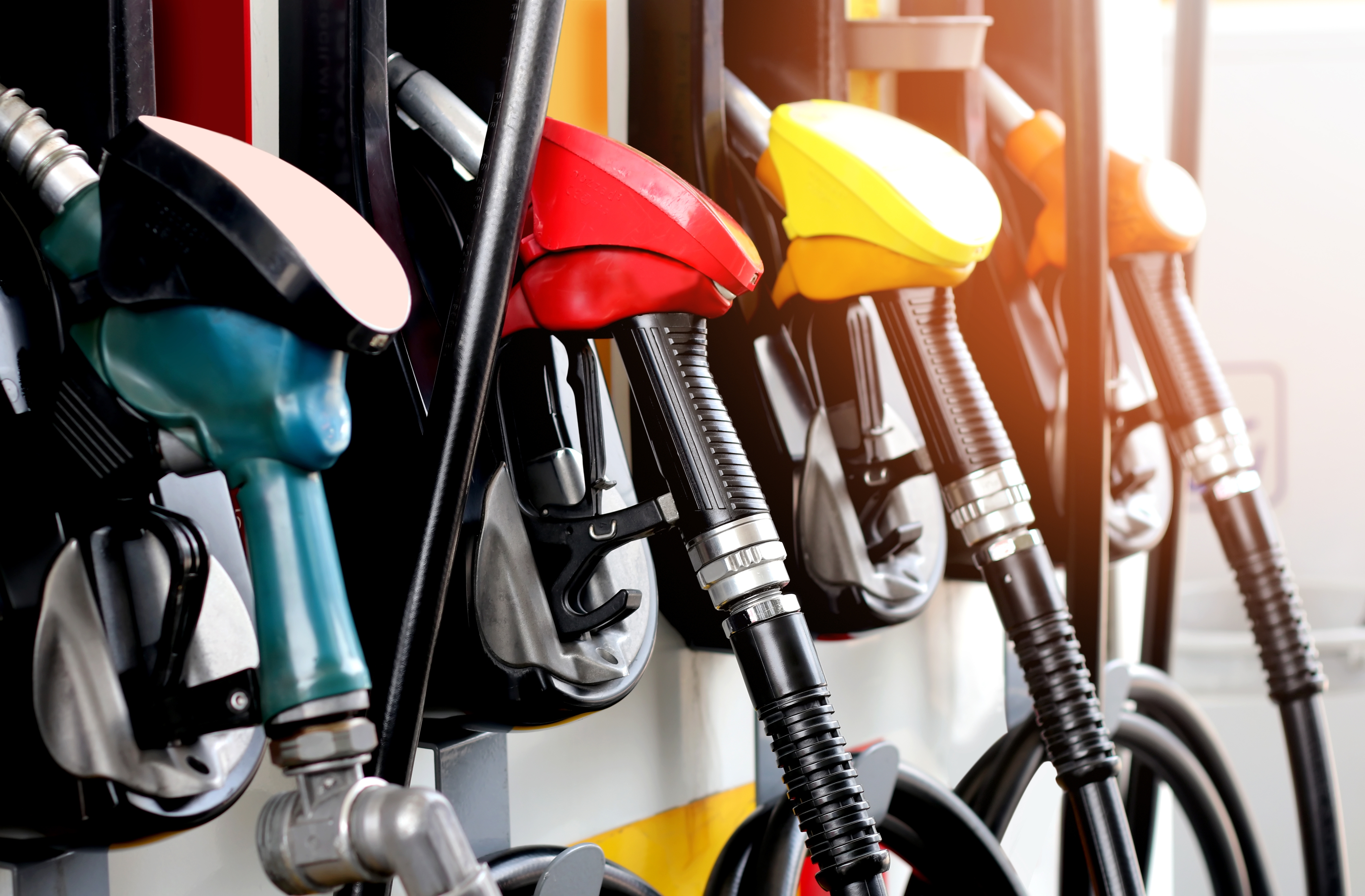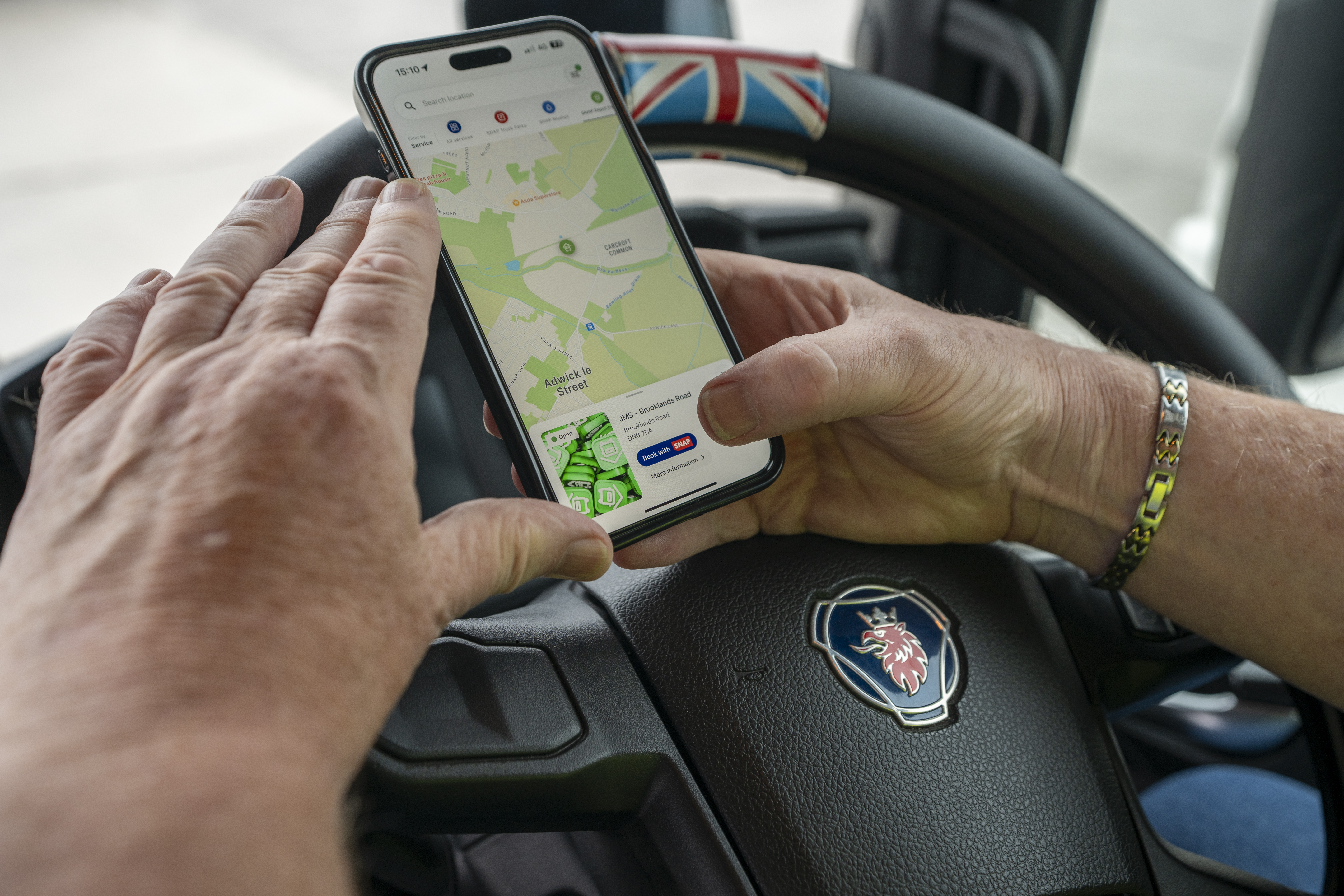
Susie Jones
AI and its impact on sustainability in the haulage industry
Created: 29.08.2024
•
Updated: 29.08.2024
Artificial intelligence (AI) is a term that has become part of modern vocabulary in recent years. Due to a lack of understanding and misconceptions, it is often perceived negatively. Despite reservations, AI can positively impact sustainability, work processes, and the economy. With over 25% of CO2 emissions produced by the transport industry, can AI make a positive change for a sustainable future?
What is AI?
According to Oxford Languages, AI is:
"the theory and development of computer systems able to perform tasks normally requiring human intelligence, such as visual perception, speech recognition, decision-making, and translation between languages."
Sustainability in the haulage industry
The industry is at a critical crossroads, with increased demands and changing delivery types - online shopping is one of the fastest-growing demands. While increased demand can benefit the haulage industry, it faces an environmental dilemma that has a vital impact on the planet.
The industry impacts the environment in the following ways:
• Noise pollution: In large numbers, trucks can contribute to noise pollution. Noise pollution disrupts urban and rural areas, often affecting the well-being of residents and wildlife. Exposure to high levels of noise can lead to stress and cardiovascular issues.
• Carbon emissions: Traditional fuels in trucks release CO2 into the atmosphere. Of the total global transport emissions, 29% came from trucking.
• Air quality: Trucks emit nitrogen oxides and particulate matter - both degrade air quality, harm the environment, and lead to respiratory problems in humans.
How AI can improve sustainability
• Route planning: Inadequate route planning can cost fleets money, time, and resources. AI can accurately predict demands and requirements - recommending the most sustainable route. Its algorithms can analyse traffic patterns, weather conditions, and fuel efficiency to optimise delivery routes. This process saves money and contributes to cutting carbon emissions.
• Predicting consumer demand: Products are often shipped to the consumer but not claimed, resulting in wasted resources and a substantial environmental impact. AI machine learning and predictive analysis will assist manufacturers in anticipating demand, streamlining supply, and optimising manufacturing processes. Through meaningful insights into the delivery and non-receipt of goods, AI can inform logistics companies about what goods to ship - tackling environmental problems from the source.
• Driver monitoring: AI algorithms analyse driver patterns, such as speeding, harsh braking, and idling. From this, AI can provide coaching and incentives to more fuel-efficient driving.
• Energy reduction: AI can assist fleet companies with their energy management across supply chains. It can identify inefficient areas and provide optimisation strategies - including analysis data from smart meters, sensors, and other devices to determine what uses too much energy.
Will AI take over the logistics industry?
Although the utilisation of AI will play a role in the logistics industry, it is unlikely it will take over completely. AI algorithms cannot account for spontaneous events and exceptions - therefore, human involvement will still play a crucial role. Career opportunities in the haulage industry will still be there but will look significantly different.
How else can the industry reduce its carbon emissions?
The industry can adopt the following:
• Low-emission vehicles: Electric and hybrid HGVs can reduce carbon emissions. Both are suitable for short and long-haul transportation.
• Alternative fuels: With Net-Zero 2050 fast approaching, energy legislation is weighted towards cleaner alternatives. Hydrotreated Vegetable Oil (HVO) can reduce emissions immediately and significantly. Certas Energy HVO is behind the move to a cleaner alternative - helping businesses meet their sustainability goals and take meaningful steps towards their net zero future. HVO provides the following benefits:
• An immediate reduction of up to 90% in greenhouse emissions compared to standard diesel, across the product life cycle.
• Fewer nitrogen oxides than standard diesel
• Less particulate matter than standard diesel
• Readily biodegradable
• Long shelf life of up to 10 years
• Practically FAME-free
• Drop in alternative diesel - no engine or infrastructure modifications are needed.
• Vehicle efficiency: Fuel-efficient engines, reduced idle time, and regular maintenance can improve efficiency.
• Smart packaging: Biodegradable and recycled materials can be used by manufacturers when shipping items - this reduces waste and lowers costs. Additionally, lighter packaging will improve efficiency, resulting in lower carbon emissions.
• Renewable energy: Using renewable energy sources, such as solar or wind power, in operations can significantly reduce carbon emissions.
• Reduce detour mileage: SNAP Account allows fleet managers to reduce their detour mileage - with over 600 service partners available to SNAP Account customers, there’s bound to be a stop on your route.



